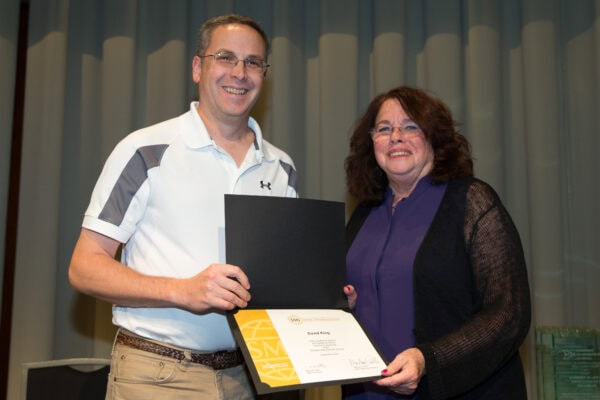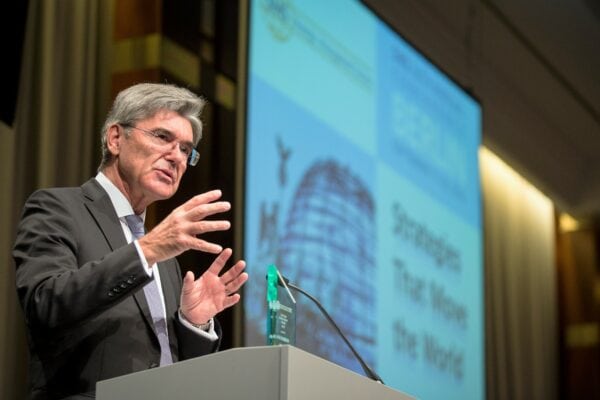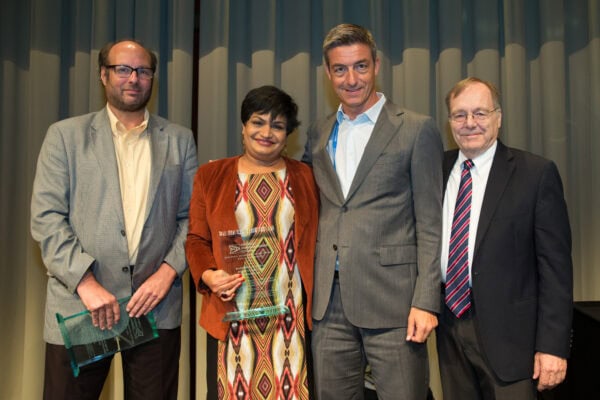Strategies That Move the World
Our world is increasingly struggling with a number of serious—and often interrelated—problems. The climate is changing, leading to rising sea levels, enduring droughts, expansion of deserts and extreme weather. Population is predicted to grow from seven billion in 2010 to eleven billion in 2100, implying a huge and ever-rising demand for energy, water supply, and many kinds of other resources. A growing percentage of the population will live in cities, urging planners to develop new concepts for mobility, logistics, housing and other services. Inequalities in terms of demographics, income levels, education, and quality of life challenge our sense of distribution justice and raise the risk of wars, terrorism, and revolutionary movements. How can our strategic management discipline contribute to addressing these real-world challenges? How can we, as strategy scholars, ensure that our research is practically relevant, and that we support firms and institutional actors in (re-)defining their roles within society?
CALL FOR
PROPOSALS
Our world is increasingly struggling with a number of serious—and often interrelated—problems. The climate is changing, leading to rising sea levels, enduring droughts, expansion of deserts and extreme weather, affecting millions of people. Population is predicted to grow from seven billion in 2010 to eleven billion in 2100, implying a huge and ever-rising demand for energy, water supply, and many kinds of other resources including food, jobs, and infrastructure. A growing percentage of the population will live in cities, urging planners to develop new concepts for mobility, logistics, housing, health services, and cultural attractiveness. Inequalities in terms of demographics, income levels, education, and quality of life challenge our sense of distribution justice and raise the risk of wars, terrorism, and revolutionary movements.
What is the role of business firms and strategic management scholars in finding solutions for these problems? What are the responsibilities of global corporations and what strategies can they develop to meet the needs of an increasingly complex world? How can firms improve their environmental footprint? How can they contribute to a fair distribution of wealth and to improving the living conditions at the “bottom of the pyramid”? How can they collaborate with governments, social movements, nongovernmental organizations, and other stakeholder groups to achieve these goals? What are business models for creating, capturing, and sharing value within such networks with diverse sets of interests?
CONFERENCE SPONSORS









